
Published by Vishesh Hospital
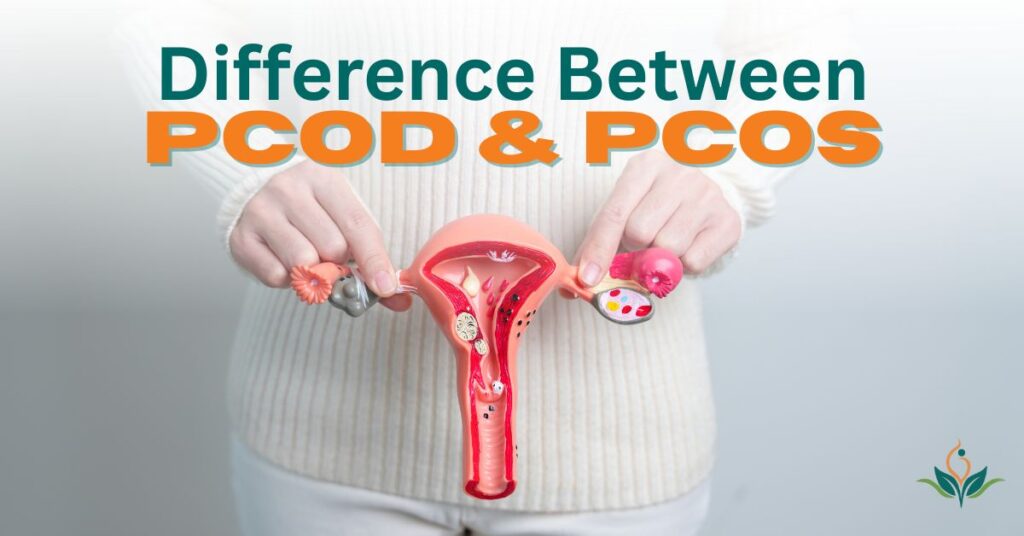
Polycystic Ovary Syndrome (PCOS) and Polycystic Ovarian Disease (PCOD) are two of the most commonly discussed reproductive health conditions affecting women of reproductive age. Although their names are frequently used interchangeably, there are vital differences in their causes, symptoms, severity, and long-term impacts, making it important for women to distinguish between the two for proper care and management.
PCOD, or Polycystic Ovarian Disease, occurs when the ovaries produce a surge of immature or partially developed eggs during each periods cycle. These eggs accumulate in the ovaries and gradually develop into multiple small cysts. The process disrupts the normal hormonal balance, often leading to symptoms such as irregular menstrual cycles, weight gain, acne, oily skin, hair thinning, and sometimes minor difficulties with fertility. PCOD is quite common, affecting up to 10% of women globally. It is generally attributed to lifestyle factors such as poor diet, obesity, stress, and lack of exercise. Fortunately, many symptoms of PCOD can be effectively managed with healthy lifestyle modifications.
PCOS, or Polycystic Ovary Syndrome, is a more complex endocrine and metabolic disorder. Here, the ovaries produce excess androgens (male hormones), which significantly disrupt ovulation—eggs are often not released on time or at all, and cysts accumulate as a result. PCOS symptoms are more pronounced and can include highly irregular or absent periods, excessive facial and body hair (hirsutism), persistent and severe acne, obesity (especially stubborn abdominal weight), and infertility. Beyond reproductive complications, PCOS is associated with serious long-term health risks like insulin resistance, Type 2 diabetes, cardiovascular disease, hypertension, and endometrial cancer. PCOS is less common than PCOD, affecting 0.2%–2.5% of women worldwide, but is considered more severe and typically requires medical management along with lifestyle changes.
| Aspect | PCOD | PCOS |
|---|---|---|
| Definition | Ovarian disorder causing immature egg release, cyst formation | Metabolic/endocrine disorder with hormonal imbalance, ovulation issues |
| Severity | Less severe, affects mostly ovaries | More severe, affects multiple systems |
| Prevalence | About 10% of women | 0.2%–2.5% of women |
| Hormonal imbalance | Mild, mainly estrogen/progesterone | Significant, high androgens |
| Fertility impact | Occasional, overcome with support | Frequent infertility, pregnancy risks |
| Health complications | Few, mainly cosmetic/metabolic | Numerous: diabetes, heart disease, etc. |
| Treatability | Lifestyle changes usually sufficient | Often needs medical and lifestyle help |
| Cyst appearance | Fewer, smaller cysts | Several, larger cysts |
| Reversibility | Often reversible with lifestyle | Requires ongoing management |
Both PCOD and PCOS may present symptoms such as:
Irregular or missed periods
Weight gain
Acne and oily skin
Hair thinning
Difficulty getting pregnant
However, PCOS symptoms are usually more intense and encompass broader issues:
Excessive facial/body hair
Severe acne and oily skin
Extreme weight gain, particularly abdominal
Dark patches on the skin (acanthosis nigricans)
Higher risk for developing metabolic syndrome
PCOD is often triggered by lifestyle factors like poor diet, physical inactivity, and stress. It may also have a genetic component.
PCOS is more closely linked with endocrine and metabolic disturbances, including high insulin levels, chronic inflammation, and significant genetic inheritance. Many women are diagnosed in their twenties or thirties, particularly when seeking solutions for fertility concerns.
PCOD rarely results in serious long-term health consequences if managed with healthy living.
PCOS is linked with chronic health issues: insulin resistance, Type 2 diabetes, hypertension, heart disease, and increased risk of endometrial cancer. Infertility is a more persistent concern due to frequent anovulation.
For PCOD: The focus is on a balanced diet, maintaining a healthy weight, reducing refined sugar, regular exercise, and stress management. Occasionally, medication is prescribed to regulate cycles.
For PCOS: A combination of lifestyle changes and medical treatments is essential. Hormonal therapy, insulin-sensitizing drugs, and sometimes fertility treatments may be needed. Regular monitoring for potential complications is advised.
If you notice persistent symptoms like irregular periods, unexplained weight gain, severe acne, or unusual hair growth, it is crucial to consult a gynecologist. You can consult Dr. Nitya Agrawal – Renowned Gynecologist in Nagpur. Early diagnosis can help manage either condition effectively and prevent complications.
Appointment
Don’t let gynecological issues impact your well-being. At Vishesh Hospital, our expert gynecology services in Nagpur provide compassionate care for every stage of a woman’s life. Whether you’re facing menstrual irregularities, planning a pregnancy, or need advanced treatment, our experienced team is here to support your health with confidence and care.

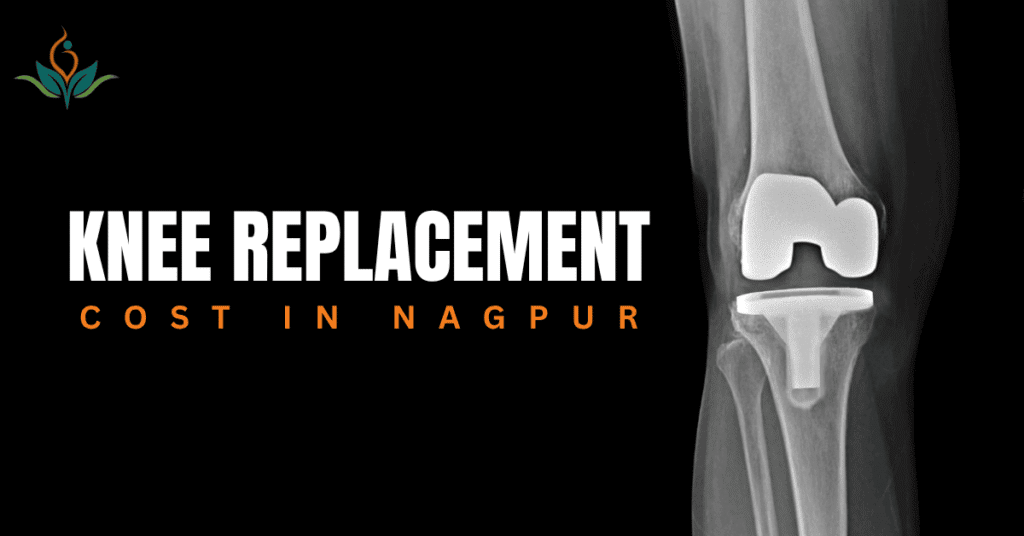
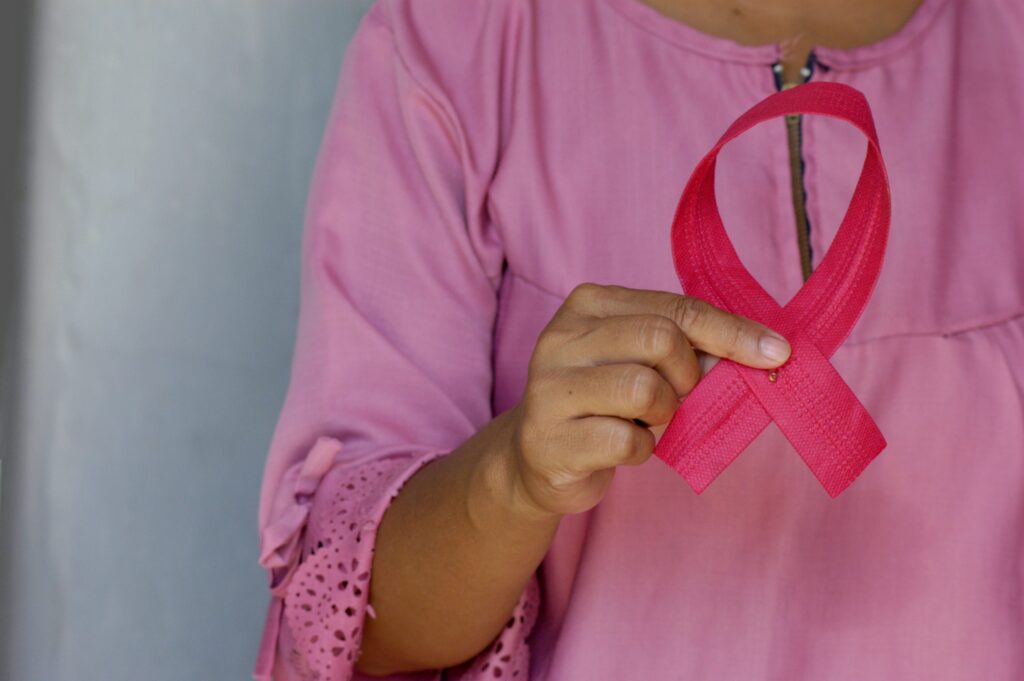


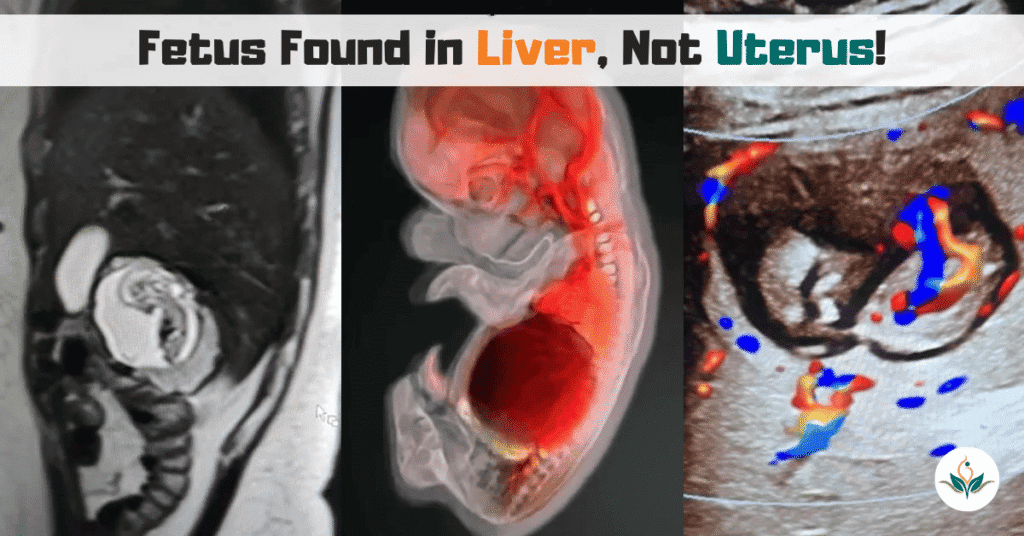
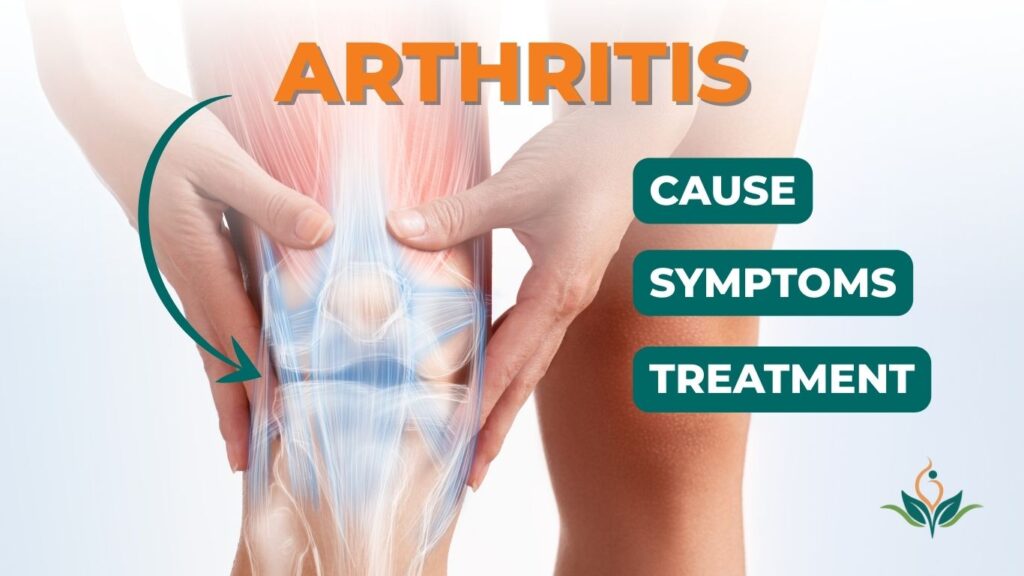
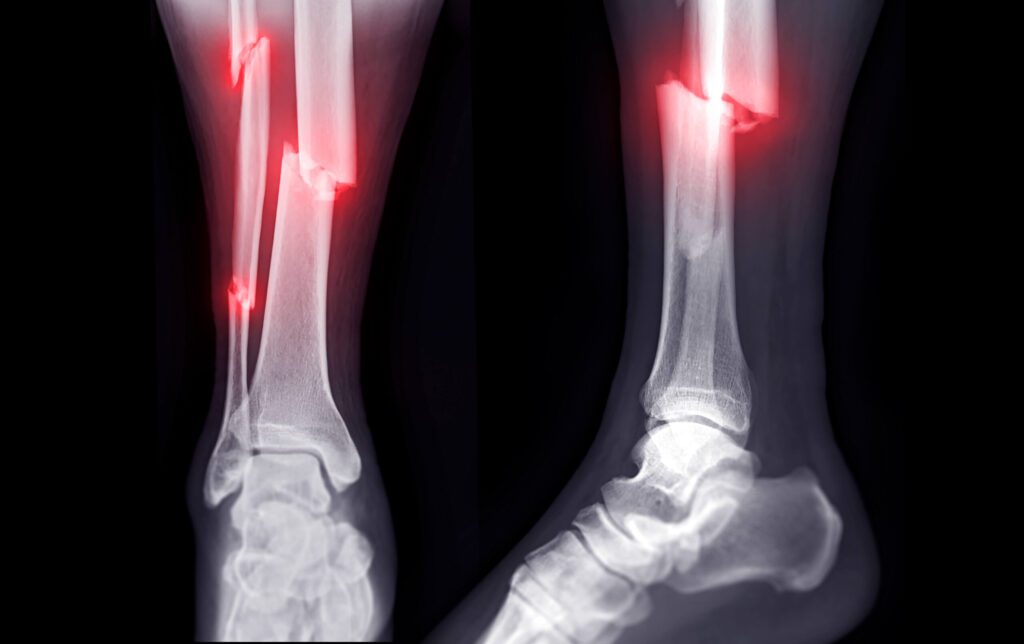
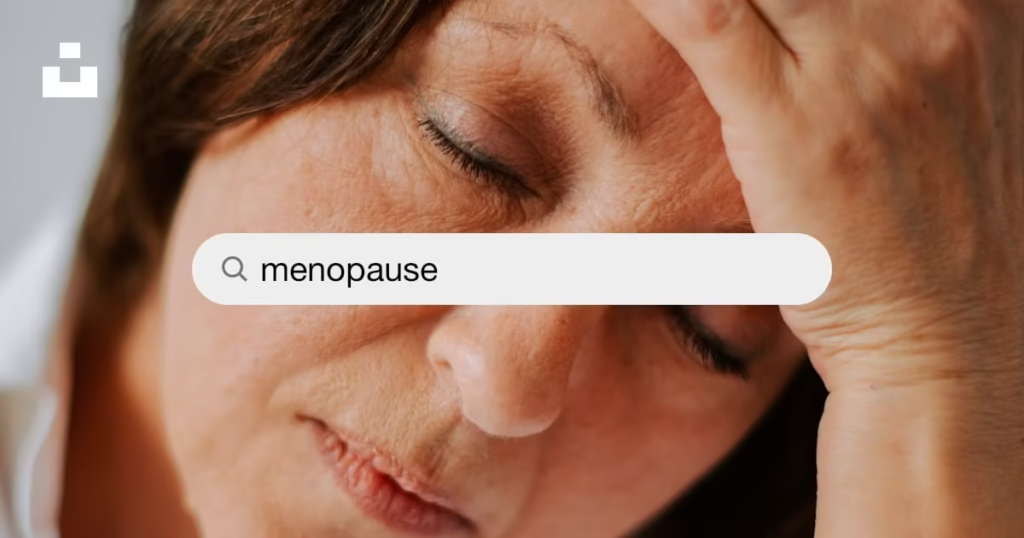
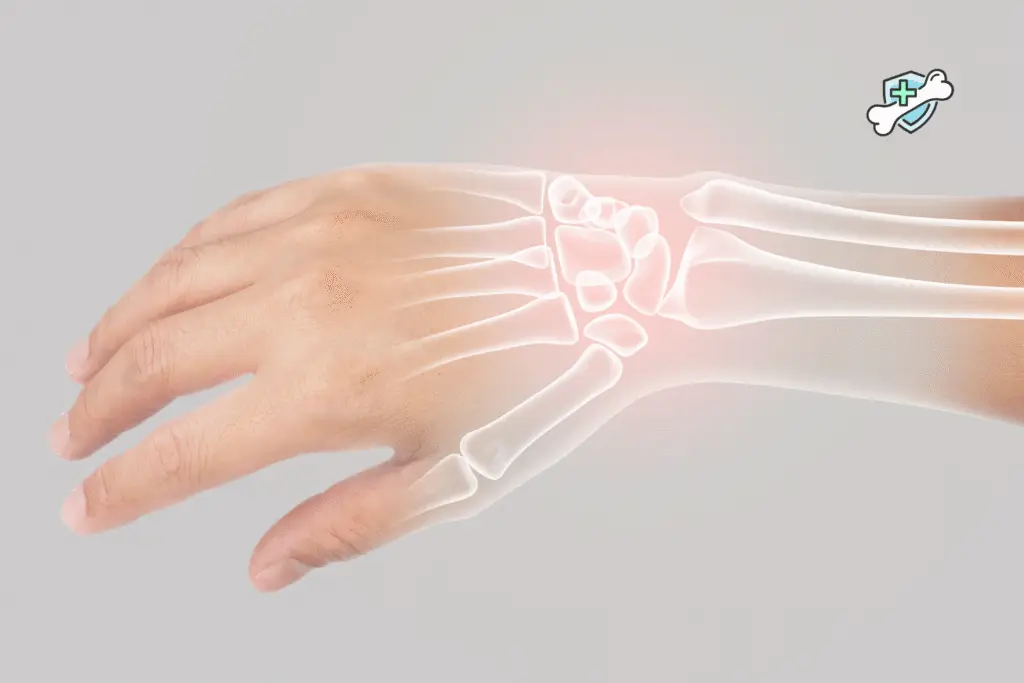

At Vishesh Hospital, we care with compassion, treat with dedication, and put every life first — because caring is at the heart of healing.
Copyright © 2025 Vishesh Hospital – Developed by Snyptech